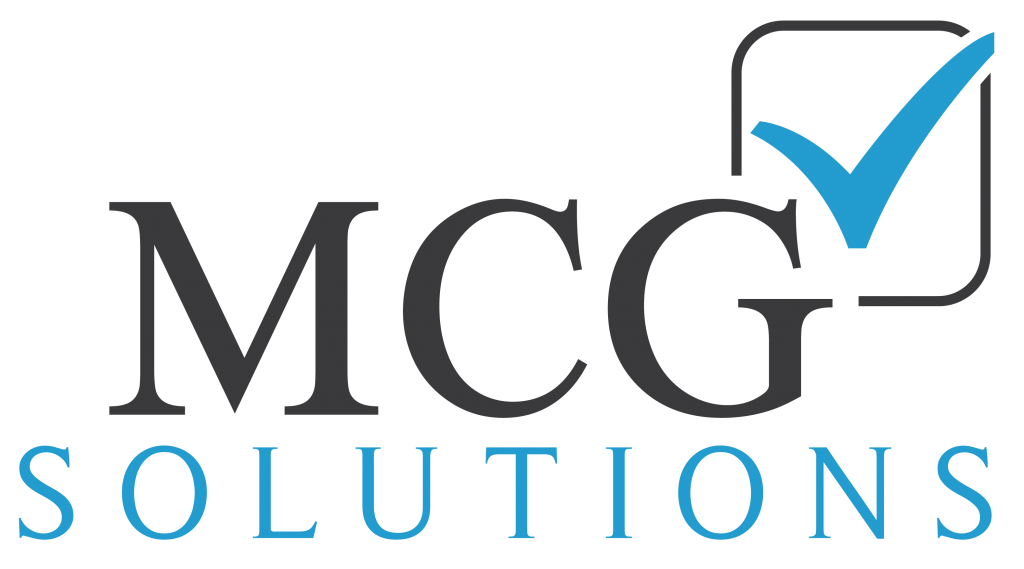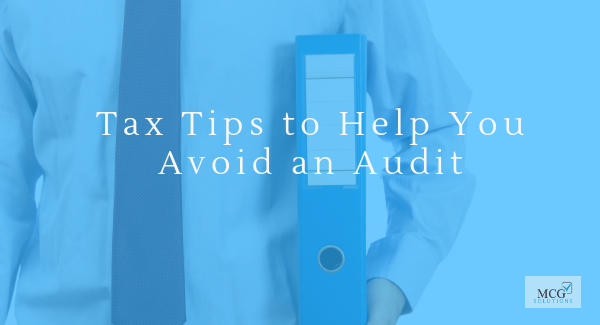In any given year, you can expect somewhere between 1 and 1.5 million individual taxpayers to get an audit notice from the IRS. While the odds are definitely against you being audited, that doesn’t mean you don’t need to take care in filing your taxes to avoid a call from the IRS.
Here are just a few ways you can avoid being audited after filing your taxes.
- Understand the red flags auditors look for: If you know what IRS auditors are looking for, then it becomes easier to avoid an audit. The IRS uses what’s called the Discriminate Income Function (DIF) program, so you can take a look at the factors that are most likely to trigger an audit.
- Understand your type of work and its relation to audits: If you work in a primarily cash business, for example, or if you’re a professional who is more likely to keep your own books, you are also more likely to be audited. Therefore, it’s important you are extra organized and meticulous with all of your record keeping, especially with your deductions.
- Include explanations as necessary: If you’re worried that some parts of your tax returns might potentially trigger an audit, you are allowed to include extra receipts, forms or anything else that can explain your deductions, dependents, income or anything else that the auditors will be looking at.
- Know what’s most likely to be questioned: The most common parts of tax returns that trigger audits include casualty losses, home office deductions, medical expenses, business travel and entertainment expenses and bad debt expenses. It is crucial that you have proper documentation for all of these deductions, because there’s always a chance you will be subjected to an audit if you take these types of deductions.
- Avoid filing amendments: The best way to avoid an audit is to fly under the radar as much as possible. If you file an amended return, that will be more likely to catch the eye of the IRS, and potentially put your original return under scrutiny. If you’re at all worried about not being able to do your taxes accurately and correctly the first time around, you should be working with a tax preparation professional.
- File later: Many tax advisors say the later you file, the less likely you are to be audited. Some people prefer to file sooner so they can get their tax return sooner. If you do choose to file later, just make sure you’re able to pay any money you owe by the tax deadline. Otherwise you could face some penalties.
- Double check your numbers: Make sure you use a calculator when doing your math, and that you double-check everything on your paperwork. Incorrect math could lead to an audit.
For more tips to help you avoid an audit this tax season, contact our team today at MCG Solutions.

